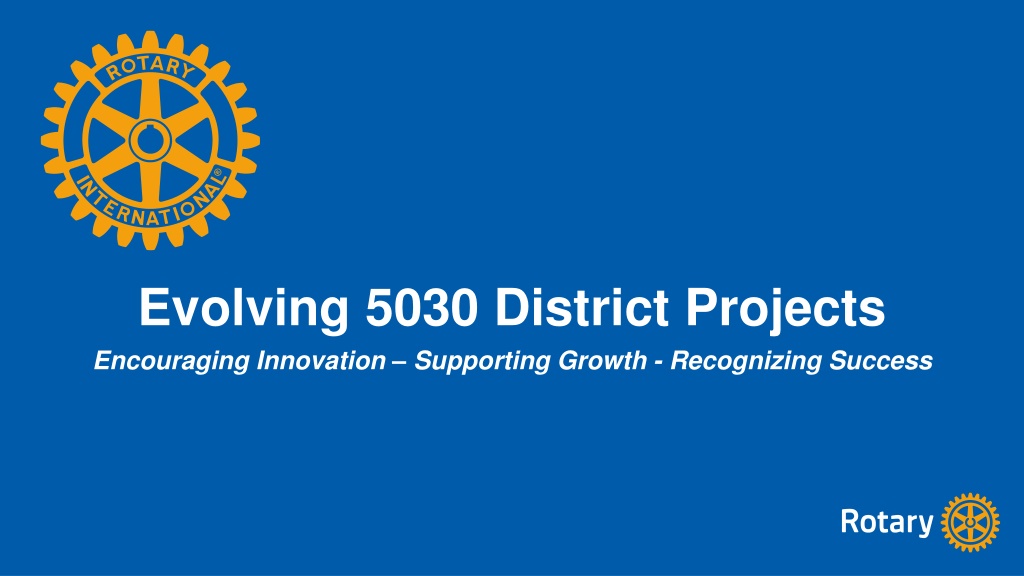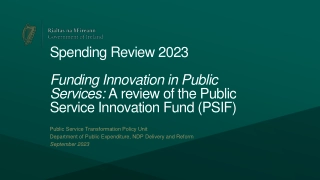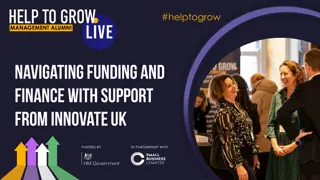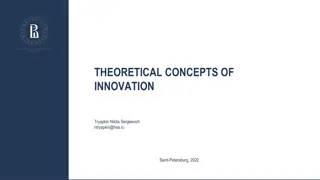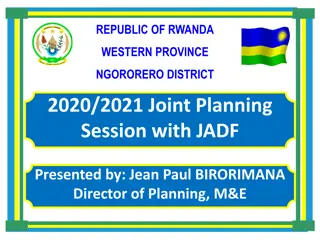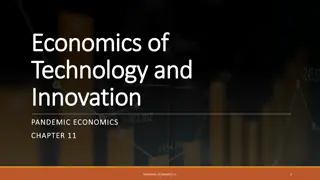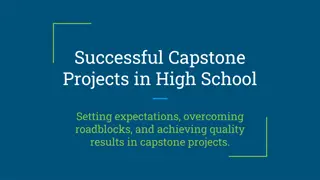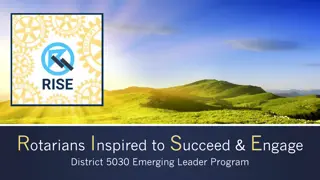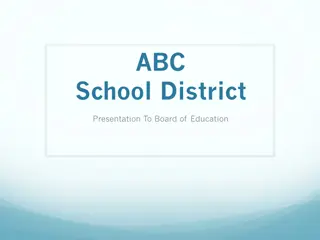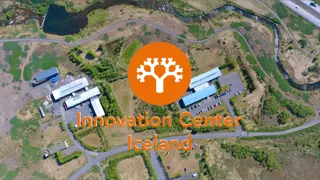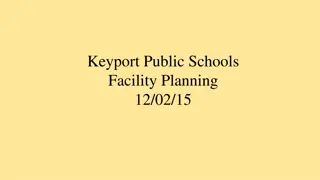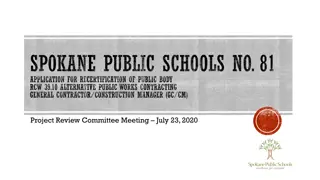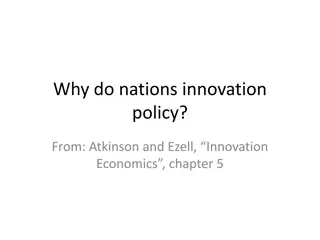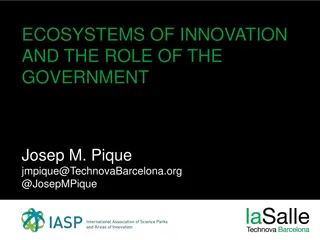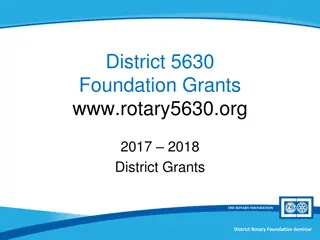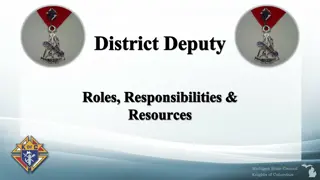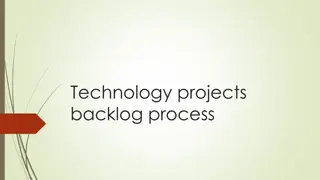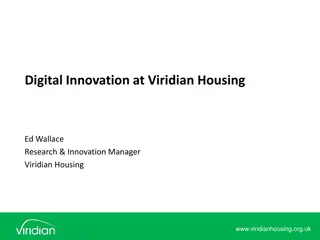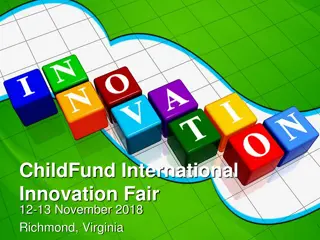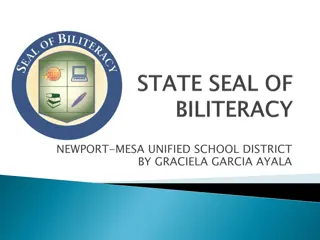Evolving 5030 District Projects: Encouraging Innovation, Supporting Growth, and Recognizing Success
Evolving 5030 District Projects aims to enhance leverage, visibility, and scale for club projects and beneficiaries. Current initiatives include Harvest Against Hunger, Music4Life, Music Mends Minds, and Partners for Work, among others. The District Policies outline the criteria for establishing and designating projects, emphasizing the benefit to all clubs, two-year project history, and incorporation as non-profits. The process involves resolutions adopted by clubs and reviewed at District Conferences to promote collaboration and impactful community projects.
Download Presentation

Please find below an Image/Link to download the presentation.
The content on the website is provided AS IS for your information and personal use only. It may not be sold, licensed, or shared on other websites without obtaining consent from the author. Download presentation by click this link. If you encounter any issues during the download, it is possible that the publisher has removed the file from their server.
E N D
Presentation Transcript
Evolving 5030 District Projects Encouraging Innovation Supporting Growth - Recognizing Success
2 AGENDA 1. Goal Statement 2. Current 5030 District Projects 3. 5030 District Policy Manual Section 17 District Projects 4. 5030 District Policy Manual Section 17 District Projects (cont.) 5. Establish Three Simple Tiers for Managing a New District Project Lifecycle 6. What We Plan to Accomplish 7. Recommendations & Next Steps 8. Motion and Discussion
3 By evolving our 5030 District Projects guidance, we can increase leverage, visibility and scale for our clubs projects and their beneficiaries
4 Harvest Against Hunger - connects farmers, truckers, volunteers, and communities to reduce hunger and food waste. Music4Life provides donated-and-repaired musical instruments at no charge for use by the students who attend public schools & are of families in-need. Music Mends Minds - creates musical support groups for individuals with Alzheimer's, dementia, Parkinson's, traumatic brain injury, PTSD, and other neurological disorders. Current 5030 District Projects Partners for Work makes connections with businesses that have led to over 140 jobs for adults with intellectual/developmental disabilities. Bloodworks NW an organization harnessing donor gifts to provide a safe, lifesaving blood supply to 95% of hospitals in the pacific northwest.
5 Section 17: District Projects Section 17.1 A District Project must: Overwhelmingly be of benefit to the District by the inclusion of all clubs in the District; be open for all clubs to participate; have been an ongoing project within the proposing club for a minimum of two (2) years. A project may be designated as a District Project only if such designation is adopted by resolution at a District Conference. Section 17.2 To establish a District Project, it must first be a resolution adopted by the proposing club at a regular meeting and then submitted to the District Governor at least 45 days prior to the opening date of the District Conference. The resolution shall contain a full description of the project, the past two (2) year history, accomplishment, income and expense, number of Rotarians and clubs participating, pictures and any other pertinent information. Each District Project must be incorporated and register as a non-profit with the State of Washington prior to becoming a District Project. In so doing, the District Project will establish Bylaws and Rules & Regulations. All liabilities are the sole responsibility of said project/organization. Section 17.3 The District Governor shall forward all resolutions for District Projects to the President of each club and each Past District Governor, The District Governor Elect, District Governor Nominee and District Governor Nominee Designate at least 30 days prior to the opening date of the District Conference. Resolutions shall be presented at the business meeting at the District Conference for action by the conference.
6 Section 17: District Projects Section 17.4 The designation as a District Project allows the lead club or clubs to directly solicit other clubs in the district for support, and such designation permits the formation of a district level project committee. The District Governor will support the project, although district funds are not to be used. When the District or clubs propose a District Project, it must be done with full knowledge that the District is not committed to District financial support and oversight of any kind. Section 17.5 The designation of District Project status automatically ceases on the fourth June 30th following adoption as a District Project. This will normally allow District Project status for approximately three years. Section 17.6 A District Project may reapply for District Project status at the District Conference just prior to the expiration of its life. The project personnel must submit to the District Governor at least 45 days prior to the opening date of the District Conference a report of accomplishments during the previous 3 years. This report must include a list of clubs actively involved in the project, a list of funds raised during the 3-year time period by club and an impact statement. The impact statement covers the impact this project has made in the community during the 3-year time- period and why the project should continue to be a District Project. This report will be forwarded as in section 16.3 of this document. Section 17.7 In addition to the above provisions, any project of a club in this district which is funded as a Health, Hunger and Humanities (3-H) Grant of The Rotary Foundation shall also be considered a District Project and shall be a District Project for the period of funding from The Rotary Foundation.
7 Club Emerging Projects A club project that has been in existence for more than two years and has garnered support from at least nine other clubs within the district may then request 5030 recognition via the founding club (e.g., average 3-year window). Establish Three Simple Tiers for Managing a New District Project Lifecycle District Projects An emerging project that gathers 10 additional club sponsors for a total of 20 or more must then request advancement to 5030 District Project status via founding club to DG, for three years. They will receive additional promotional support from District 5030 to help build awareness. District Marketplace Projects Upon graduation, District Projects then move to District Marketplace Project status and promotion to a wider Rotary audience (i.e., other Districts, Zones, and RI), and support from either a new cause-based district club or as a stand-alone entity with Rotarian board members and volunteers.
8 What We Plan to Accomplish What This Is Not: What This Is: Reducing # of Supported Projects Business as Usual in 5030 Red Tape from District Support For All Service Projects Providing Innovation Across 5030 Simplification and Acceleration
9 Recommendations & Next Steps Socialize this initiative with attendees at District Conference business meeting Extend 5 existing 5030 District Projects status through 2024/25 Rotary Year Further develop the concept via small Task Force led by District Secretary to define it s why & how it will receive promotional support all 3 phases Identify short list of initial District Emerging Projects for consideration Simplify District Policy Manual Section 17 to reflect all above, gain approval Create a supporting communications plan to broadly update District 5030 Accomplish all above while conforming with Rotary Four-way Test
10 Motion and Discussion On behalf of former and current members of the District 5030 G-line, I move that we extend the status of District Project to the current five through the end of the Rotary Year, June 30, 2025
